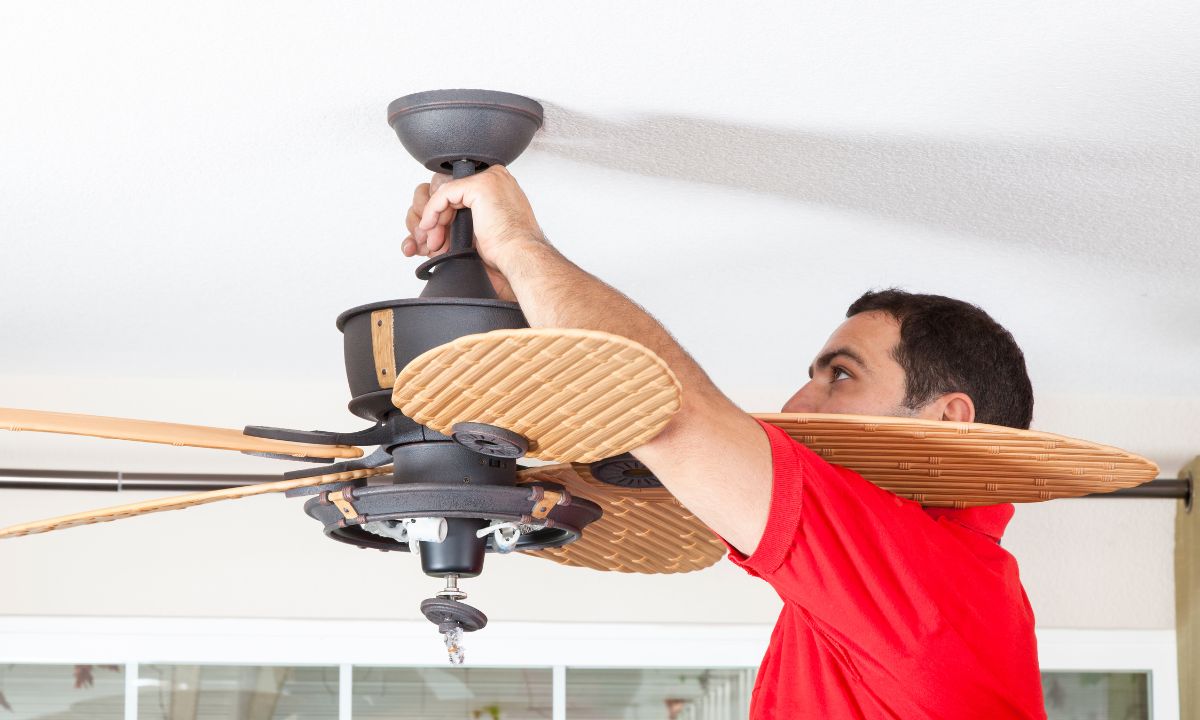 What is Grading?
What is Grading?
Grading involves creating a slope in your garden to ensure proper drainage. This process not only helps prevent water accumulation around your home but also contributes to the overall aesthetic and functionality of your outdoor space.
Why Grading is Essential
1. Prevents Water Damage
Proper grading directs water away from your home, reducing the risk of water damage to your foundation and basement. A well-graded garden ensures that water flows away from your property, keeping your basement dry and your foundation stable.
2. Enhances Aesthetic Appeal
A sloped garden can add visual interest and dimension to your landscape. It creates a natural flow that can be accentuated with terracing, pathways, and varied plantings, making your garden more visually appealing.
3. Improves Lawn and Garden Health
Good drainage facilitated by proper grading helps maintain the health of your plants. Excess water can lead to root rot and other issues, but a well-graded garden ensures that water is efficiently absorbed and distributed.
How to Grade Your Garden
1. Planning and Measuring
Begin by planning the desired contours of your garden. Use a piece of twine stretched between two stakes to measure the slope accurately. This helps in achieving the correct gradient.
2. Rough Grading
Start by stripping the topsoil and setting it aside. This top layer can be reused later. Grade the subsoil to create the desired slope, ensuring you leave enough space to reapply the topsoil. Maintain a slight slope away from your house for effective drainage.
3. Finishing Touches
After grading the subsoil, spread the topsoil evenly across the area. If you’re planning to install a terrace, tamp down the soil and add a layer of gravel or crushed rock to form a stable base. This will prevent water pooling and ensure a long-lasting terrace.
Benefits of Professional Help
While grading can be a DIY project, consulting with a landscaping professional can save time and ensure accuracy. Professionals have the tools and expertise to measure slopes precisely and create effective drainage solutions.
Grading is a fundamental step in creating a beautiful and functional garden. It enhances your home’s curb appeal, prevents water damage, and promotes the health of your lawn and plants. Whether you’re planning a lush garden, a serene lawn, or a stylish terrace, start with proper grading to enjoy a landscape that’s both attractive and easy to maintain.
 Multifamily residential buildings are at a greater risk for fire because they contain more kitchens, furnaces, water heaters, and other elements that can pose opportunities for a fire to start. Fire safety in multifamily housing is influenced by the design of the building, its fire protection features, the quality of materials used in the building’s construction, the building’s contents, and overall maintenance.
Multifamily residential buildings are at a greater risk for fire because they contain more kitchens, furnaces, water heaters, and other elements that can pose opportunities for a fire to start. Fire safety in multifamily housing is influenced by the design of the building, its fire protection features, the quality of materials used in the building’s construction, the building’s contents, and overall maintenance.


 As temperatures continue to climb, it’s essential to find ways to keep your home cool while minimizing your utility bills. Here are several cost-effective strategies to achieve this without relying on your air conditioner.
As temperatures continue to climb, it’s essential to find ways to keep your home cool while minimizing your utility bills. Here are several cost-effective strategies to achieve this without relying on your air conditioner.